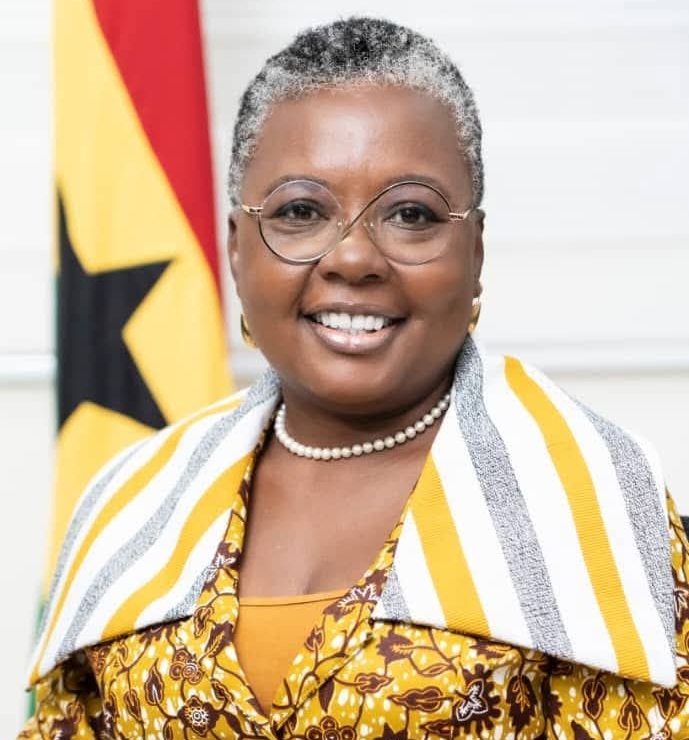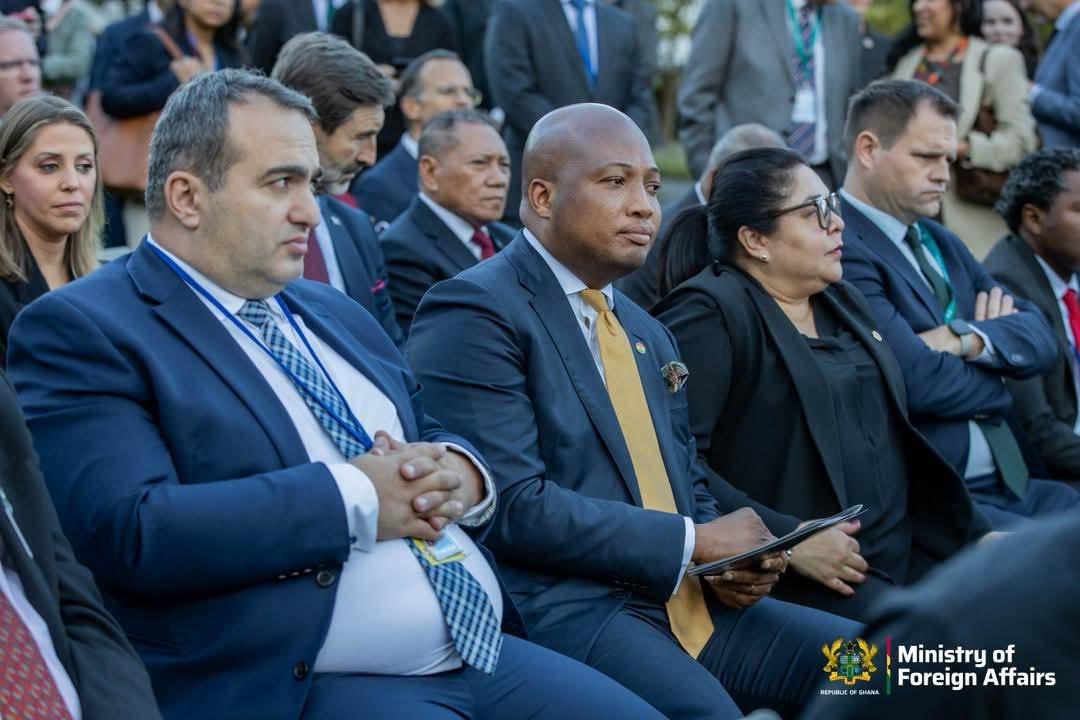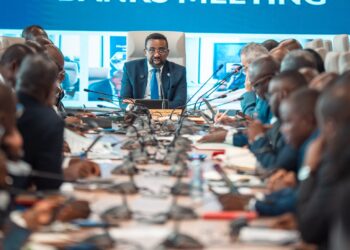Ghana is set to benefit significantly from the landmark World Trade Organization (WTO) Agreement on Fisheries Subsidies, which officially entered into force on September 15, 2025.
The agreement, celebrated at a special WTO General Council meeting in Geneva, commits member states to curb billions of dollars in harmful subsidies that drive overfishing and threaten global marine ecosystems.
WTO Director-General Ngozi Okonjo-Iweala hailed the pact as “a landmark for global trade governance,” praising members for safeguarding the livelihoods of fishing communities worldwide.
The agreement is the first multilateral trade deal with environmental sustainability at its core, prohibiting government support for illegal, unreported, and unregulated (IUU) fishing and fishing on unregulated high seas.
Ghana’s Ratification
Ghana formally ratified the agreement on May 30, 2025, following Cabinet approval in April. Ghana’s instrument of acceptance was deposited with the WTO on July 2, underscoring the country’s commitment to global ocean governance.
This milestone complements Ghana’s own Fisheries and Aquaculture Act, 2025 (Act 1146), which strengthens accountability and governance in the fisheries sector. Marine fisheries remain vital to national food security, jobs, and coastal livelihoods, but declining fish stocks and persistent IUU fishing have placed the industry under severe strain.
Key Benefits for Ghana
• Sustainable Fisheries: By curbing subsidies that fuel overfishing and IUU practices, the agreement will help fish stocks recover, ensuring more stable and sustainable catches in the years ahead.
• Better Data & Transparency: Mandatory reporting and improved data collection will sharpen Ghana’s fisheries management and enhance accountability.
• Stronger Global Standing: Ghana’s early ratification highlights its leadership in sustainable development and reinforces its role as host of the African Continental Free Trade Area (AfCFTA).
• Technical & Financial Support: Through the WTO Fish Fund—backed by more than USD 18 million in pledges—Ghana can access capacity-building and technical assistance to implement the agreement effectively.
• Economic Opportunities: Over time, healthier fish stocks and fairer trade practices will boost the competitiveness and long-term profitability of Ghana’s fishing industry.
• Combatting IUU Fishing: The ban on subsidies for IUU fishing directly strengthens Ghana’s efforts to eliminate illegal activities that undermine national fisheries.

A Global Win with Local Impact
With 35.5 percent of global fish stocks already overfished and harmful subsidies estimated at USD 22 billion annually, the WTO deal represents a critical step toward restoring ocean health. For Ghana, it offers a powerful framework to protect livelihoods, secure food supplies, and position the country as a champion of sustainable fisheries management.
Ghana’s participation signals that the nation is not only safeguarding its own marine resources but also contributing to the global success story of sustainable ocean governance.







































